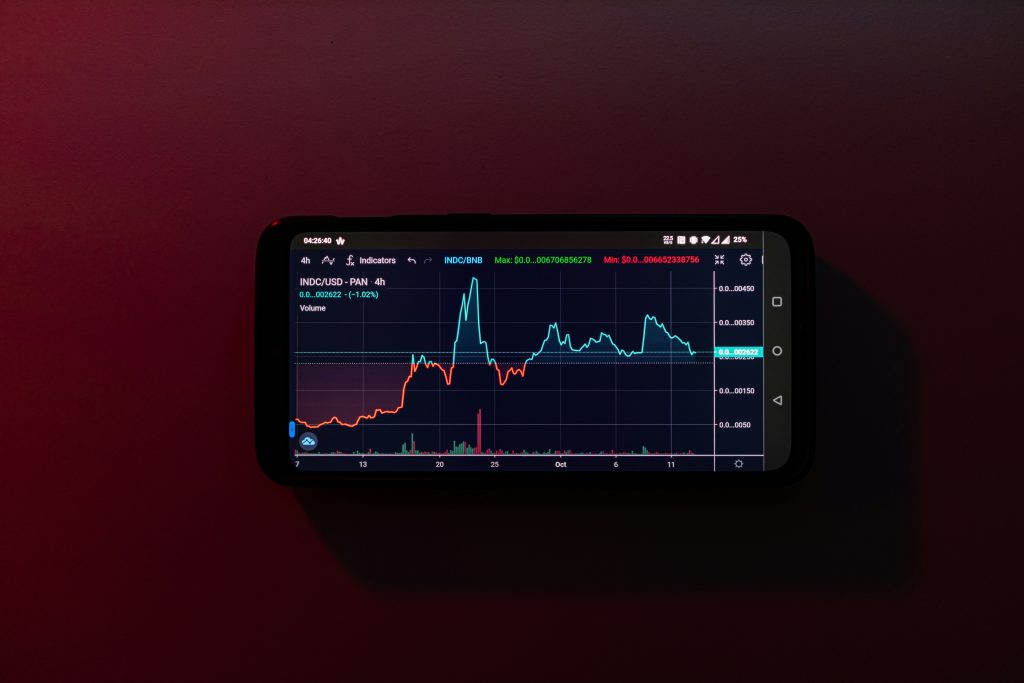While blockchain technology is most commonly associated with cryptocurrencies like Bitcoin, its potential applications extend far beyond digital currencies. This distributed ledger technology is poised to transform various industries by offering enhanced security, transparency, and efficiency. This article explores the diverse applications of blockchain technology outside the realm of cryptocurrency and its potential to revolutionize traditional business models.
Understanding Blockchain Technology
Before delving into its applications, it’s crucial to understand the core principles of blockchain:
- Decentralization: No single entity controls the network
- Transparency: All transactions are visible to network participants
- Immutability: Once recorded, data cannot be altered without consensus
- Security: Cryptographic techniques ensure data integrity
These features make blockchain an attractive solution for many industries seeking to improve their processes and build trust.
Blockchain in Supply Chain Management
One of the most promising applications of blockchain is in supply chain management:
Traceability and Transparency
- Track products from origin to consumer, reducing fraud and counterfeiting
- Provide consumers with detailed product histories, enhancing trust
Efficiency Improvements
- Streamline documentation processes, reducing paperwork and delays
- Enable real-time tracking of shipments and inventory
Case Study: IBM Food Trust
IBM’s blockchain-based system allows food industry participants to trace the journey of food products, enhancing food safety and reducing waste.
Blockchain in Healthcare
The healthcare industry stands to benefit significantly from blockchain technology:
Electronic Health Records (EHRs)
- Secure, interoperable patient records accessible across healthcare providers
- Patient-controlled data sharing, enhancing privacy and data ownership
Drug Traceability
- Track pharmaceuticals from manufacturer to patient, combating counterfeit drugs
- Ensure proper handling and storage conditions throughout the supply chain
Clinical Trials
- Improve data integrity and patient consent management in research
- Enhance collaboration between researchers while maintaining data privacy
Blockchain in Finance and Banking
Beyond cryptocurrencies, blockchain is reshaping traditional financial services:
Cross-Border Payments
- Faster, cheaper international transactions without intermediaries
- Real-time settlement of trades and transactions
Smart Contracts
- Automate contract execution, reducing the need for intermediaries
- Enable complex financial instruments with programmable terms
Identity Verification
- Secure, decentralized identity management for Know Your Customer (KYC) processes
- Reduce fraud and streamline customer onboarding
Blockchain in Government and Public Services
Governments worldwide are exploring blockchain for various applications:
Voting Systems
- Secure, transparent electronic voting to reduce fraud and increase participation
- Immutable record-keeping of election results
Land Registry
- Create tamper-proof records of land ownership and transfers
- Streamline property transactions and reduce disputes
Digital Identity
- Provide citizens with secure, self-sovereign digital identities
- Simplify access to government services and reduce identity theft
Blockchain in Energy and Sustainability
Blockchain technology is driving innovation in the energy sector:
Peer-to-Peer Energy Trading
- Enable direct energy trading between producers and consumers
- Facilitate the integration of renewable energy sources into the grid
Carbon Credit Trading
- Create transparent, efficient markets for carbon credits
- Track and verify emissions reductions more accurately
Supply Chain Sustainability
- Monitor and verify sustainable practices throughout supply chains
- Enhance transparency in ethical sourcing and fair trade initiatives
Challenges and Considerations
Despite its potential, blockchain faces several challenges for widespread adoption:
Scalability
- Current blockchain networks have limited transaction processing capabilities
- Research into layer-2 solutions and new consensus mechanisms is ongoing
Regulatory Uncertainty
- Lack of clear regulations in many jurisdictions
- Need for standardization and interoperability between different blockchain systems
Energy Consumption
- Some blockchain networks, particularly those using Proof of Work, consume significant energy
- Development of more energy-efficient consensus mechanisms is crucial
Integration with Legacy Systems
- Challenges in integrating blockchain with existing IT infrastructure
- Need for workforce training and organizational change management
The Future of Blockchain Beyond Crypto
As blockchain technology matures, several trends are likely to shape its future:
Interoperability
- Development of standards to allow different blockchain networks to communicate
- Creation of multi-chain ecosystems for more complex applications
Privacy-Enhancing Technologies
- Integration of zero-knowledge proofs and other privacy technologies
- Balancing transparency with data protection requirements
Blockchain-as-a-Service (BaaS)
- Growth of cloud-based blockchain services for easier enterprise adoption
- Simplified blockchain implementation without extensive in-house expertise
IoT Integration
- Combining blockchain with Internet of Things (IoT) devices for secure data exchange
- Enhancing automation and machine-to-machine transactions
Blockchain technology’s potential extends far beyond its origins in cryptocurrency. As industries explore and implement blockchain solutions, we’re likely to see significant transformations in how businesses operate, governments function, and individuals interact with various services.
While challenges remain, the ongoing research and development in the blockchain space are addressing many of these issues. As the technology matures and finds its place in various sectors, it has the potential to create more transparent, efficient, and trustworthy systems across the global economy.
The future of blockchain beyond crypto is bright, with the potential to revolutionize industries, empower individuals, and solve complex societal challenges. As we move forward, the key to unlocking blockchain’s full potential will lie in collaborative efforts between technologists, industry leaders, and policymakers to create a regulatory environment that fosters innovation while protecting stakeholders.


